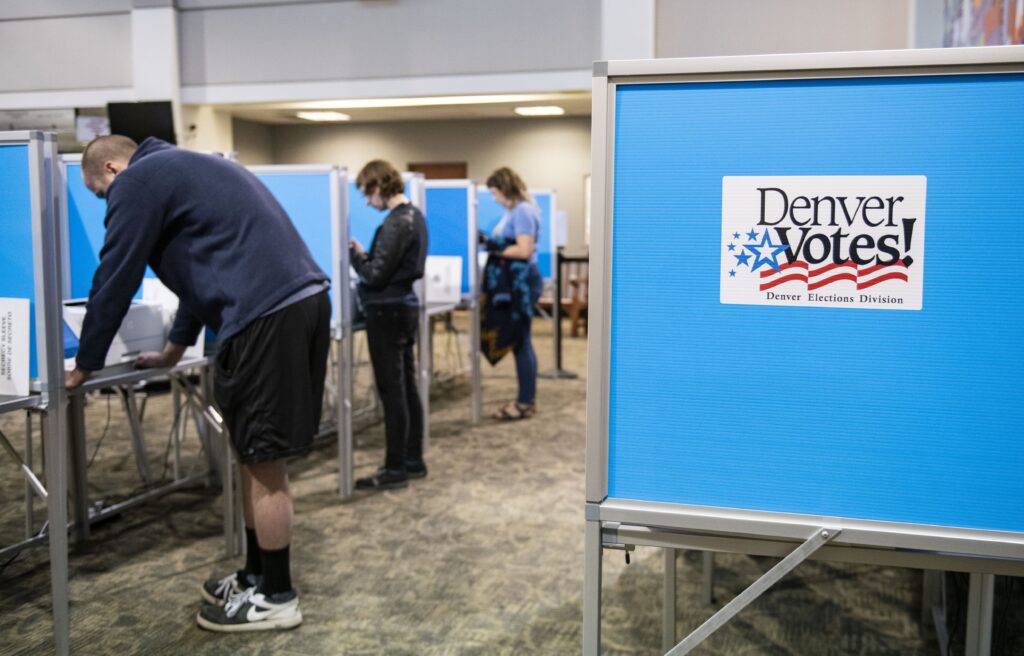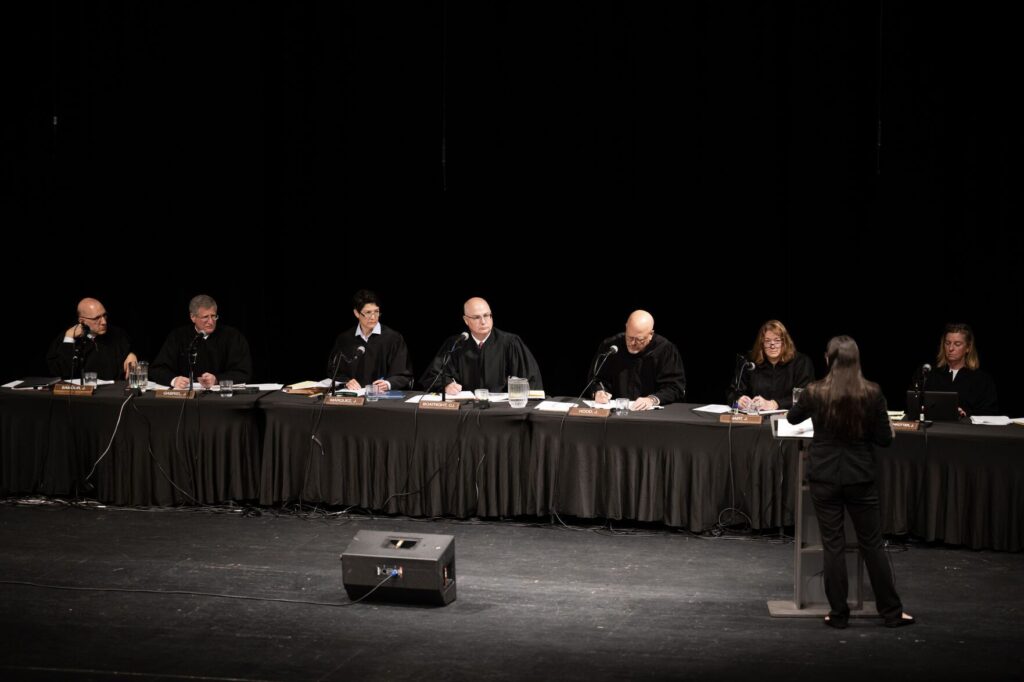Insights: Sanctuary city crackdown in Colorado faces same questions as Trump’s order
The politics of a sanctuary city is a slippery beast. We’ve seen that in Washington. We’ve seen it in Texas, and we’ve seen it for months at the Capitol in Denver.
The down-and-up struggle in the statehouse comes to close Wednesday when the 2-to-1 Democratic majority on a House committee puts Senate Bill 281 out of commission. Notice how I didn’t say “if.”
The legislation would allow crime victims to sue local governments deemed sanctuary cities that don’t do enough to help deport undocumented immigrants, especially criminals.
But here’s the funny business about that. There’s not a solid definition of what a sanctuary city is, other than the walks-like-a-duck measure.
Presumably, it’s one that doesn’t help federal agents enforce immigration laws. But here’s the funny business about that. Federal law says immigration is a federal matter, and not the business of local cops.
Donald Trump’s federal government would tell the state what a sanctuary city is, but at the very least it would be one that doesn’t hold undocumented immigrants in jail long enough to be picked up by federal agents to be deported.
Rep. Daniel Kagan, D-Cherry Hills Village, a pretty good lawyer, I think, said the bill asks Colorado to break federal law by intervening in immigration enforcement. When an inmate has served his time on a local offense, holding that person longer constitutes a second arrest on behalf of the federal government.
On top of civil suits from crime victims, the state would withhold tax dollars from sanctuary cities under Senate Bill 281.
Sound familiar? That’s what President Trump set out to do. His executive order would have withheld federal tax dollars from sanctuary cities. A federal judge in San Francisco last week said such a move is likely to be proven unconstitutional if it was tried in a full proceeding.
Sound familiar? That’s the same thing we heard from Chairman Mike Foote, a Democrat from Lafayette, when the House State, Veterans and Military Affairs Committee voted down House Bill 1134, the father of the current bill, in February.
Foote questioned the constitutionality on several fronts of the House bill sponsored by Rep. Dave Williams, R-Colorado Springs.
That bill would have allowed for the arrest of public officials for sanctuary city policies. The bill passed by Republicans this week would allow allow police to be arrested and serve up to a year in a jail. Law enforcement in Texas and Colorado have said that’s simply not workable or fair.
Foote moonlights as a Boulder County deputy prosecutor and besides the Constitution, he talked about how people who are immigrants already are targeted by criminals who capitalize on victims’ fear of talking to authorities. Sanctuary city bills would make them more vulnerable and even less likely to contact law enforcement.
Williams and Sen. Tim Neville of Littleton have brought a lot of victims to tell their own stories at statehouse hearings this session. You could hear the anger and anguish as in testimony about crimes and victims that never should have coincided, had criminals been deported before they committed more crimes.
Neville argues that the public is put at an avoidable risk when local governments don’t act responsibly, and they deserve to be made whole by those responsible. Yes, taxpayers would be on the hook to pay the legal bills, but ideally, Neville said, local governments would do the right things and wouldn’t be in a position to be sued.
Neville’s bill passed the Senate on a party-line vote Tuesday , the same day Trump’s order was blocked by the court.
Senate Bill 281 will be heard Wednesday afternoon in the House State, Veterans and Military Affairs Committee.
Sound familiar? That’s the same one that killed Williams’ sanctuary city bill in February.
Foote said last week the Senate bill would get a fair hearing. As fair as six Democrats and three Republicans can make it, I think he means.
“But our last hearing did not go very well for the proponents,” he noted.
At the very least this has been an odd political paradigm to hear the statehouse’s most conservative Republicans calling for more federal government and less Constitution.











